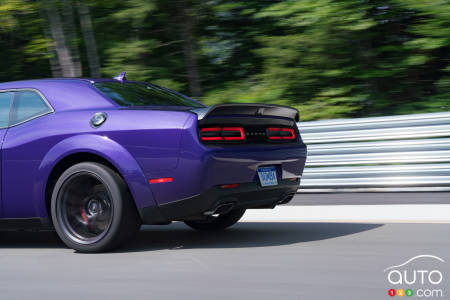The FCA Group (Fiat-Chrysler Automobiles) will pay out hundreds of millions to California-based EV manufacturer Tesla to help it meet European Union (EU) CO2 emissions standards taking effect in 2020.
According to a Financial Times report, the two automakers will “merge” their vehicle fleets for the purposes of calculating emissions. As Tesla’s all-electric vehicles produce no CO2 emissions, the move will allow FCA to meet the 2020 European standards and avoid costly penalties.
Tesla, of course, is not doing this just to be nice. There will be a financial benefit coming its way. For the moment we don’t know the size of that benefit, but it’s expected it will reach into the hundreds of millions.
FCA is obviously pretty happy about the move:
"The purchase pool provides flexibility to deliver products our customers are willing to buy, while managing compliance with the lowest cost approach."
- FCA statement, sent to Automotive News Europe

There is precedent for this kind of agreement between the automakers, In the U.S., FCA has in the past bought emissions credits from Tesla, as well as from Toyota and Honda.
The new agreement between the companies is valid for the next year only. FCA is currently readying the second-generation Fiat 500 2.0 for the European market, and it has confirmed that the model would be powered entirely by electricity. This being a very popular model for the manufacturer across the pond, it will allow FCA to reduce the average its fleet produces of CO2 per km below the 95-gram mark, thus making the company compliant with European norms for 2020. In 2018, FCA’s average was 123 grams, or about 2.5 grams above the industry average.
Tesla and FCA become the first auto manufacturers to join forces in order to “get around” the emissions rules, although Mazda and Toyota have announced they will do the same.
The practice is not without controversy, as it allows automakers to continue producing high-emissions vehicles while meeting standards set by the authorities. It’s also true that it gives smaller automakers some breathing room. Mazda could save millions by “merging” its vehicle fleet with Toyota’s.


fr.jpg?scaledown=450)
